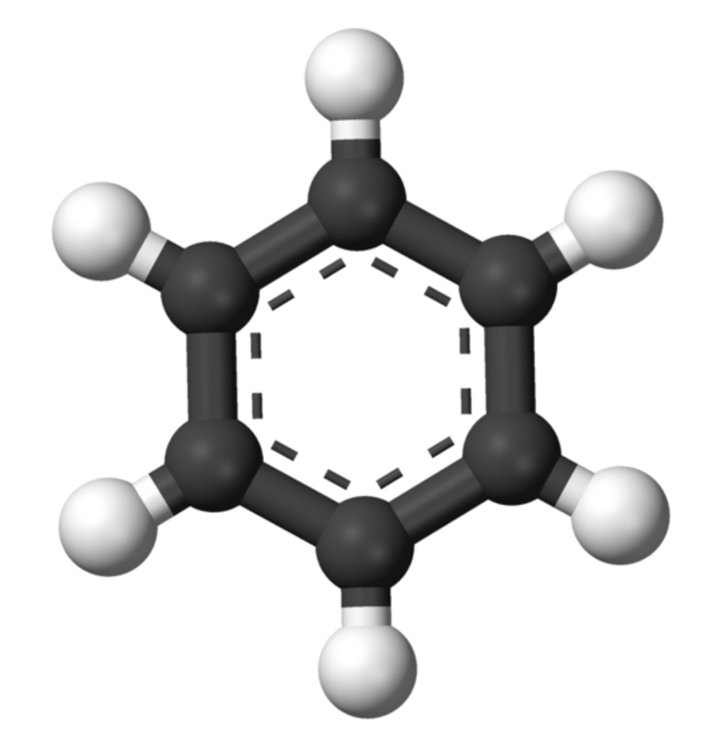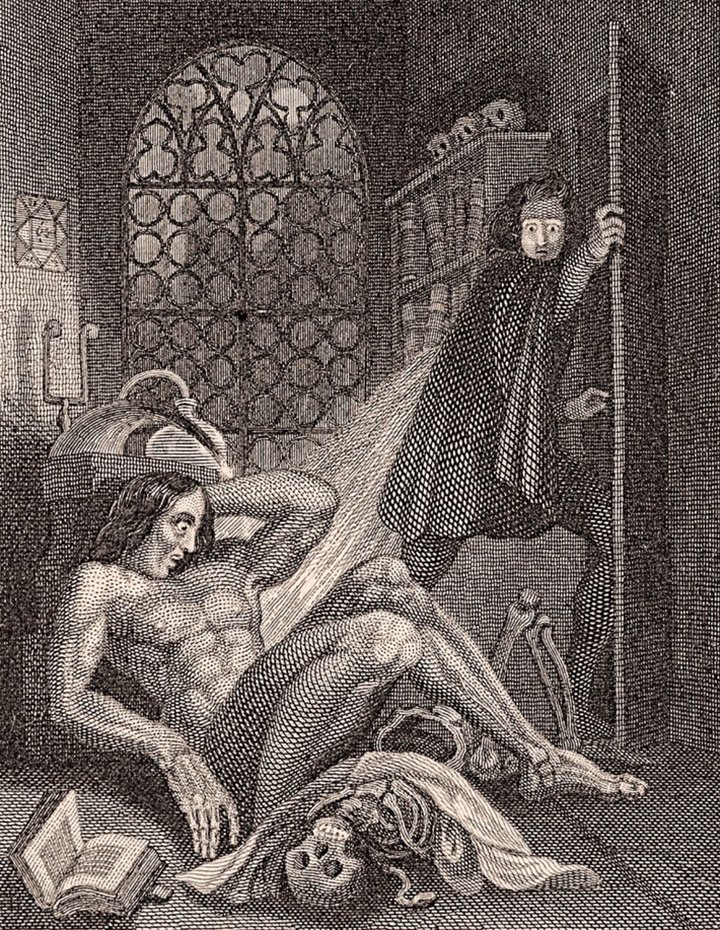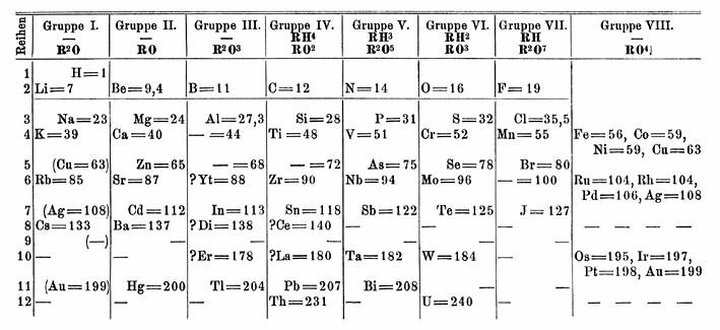I pursue sleep so hard I am invigorated by the chase.
– Marina Benjamin
####
Forty million Americans suffer from chronic insomnia, especially shift workers, the unemployed and undernourished, and people on marginal incomes. That is, the ones who most need a decent night’s sleep aren’t getting it. The curse of artificial lighting.
We don’t just need adequate sleep, but we need REM (rapid eye movement) sleep, that’s when — as researchers first discovered in 1953 — we dream. No one knows, for sure, why we dream, but we sure know what happens if we don’t: we get cranky and irritable, our memory suffers, we put on weight, and we’re at risk of inflammation throughout our bodies. Some people swear they never dream, but if you put them in a “dream lab” and wake them when they’re in REM sleep, they’ll report that yes, they were dreaming just then. Some people are just better at remembering dreams than others. Frustratingly, I’m one of the others.
(The Star Trek TNG episode “Night Terrors” explored the importance of REM sleep. With the ship trapped in a “spatial phenomenon,” nearly the entire crew stopped dreaming due to an outside influence and consequently they experienced hallucinations and became aggressive. Fortunately half-Betazoid Counselor Troi and non-human Data were exempt and saved the day.)
Dreams have always fascinated us. They’ve been seen as the voice of God advising us; as giving us a glimpse of our future (perhaps with enough foreknowledge to avoid our fate); as coded messages from aliens; as messages from the dead. Occasionally, they’ve been catalysts for our creativity. For instance:
Paul McCartney’s dreamt that his mother, who died of cancer when he was 14, came to him during the Beatles protracted break-up. She told him, “It will be all right, just let it be,” which became the inspiration for the “Mother Mary” lyric in Let It Be.
Friedrich Kekulé was struggling to understand the chemical structure of the organic molecule benzene, C6H6, when he dreamt of snakes. “One of the snakes had seized hold of its own tail, and the form whirled mockingly before my eyes.” That vision of the “ourobouros” gave him the key to benzene, which turned out to be circular molecule.

Benzene molecule, ball-and-stick model (Benjah-bmm27, public domain.)
Mary Shelley’s Frankenstein was born as a result of a dream: “I saw the hideous phantasm of a man stretched out, and then, on the working of some powerful engine, show signs of life, and stir with an uneasy, half-vital motion.”

Frontispiece of 1831 edition of Frankenstein (Public domain.)
Kubla Khan, Samuel Taylor Coleridge’s romantic masterpiece (“In Xanadu did Kubla Khan/A stately pleasure-dome decree/Where Alph, the sacred river, ran/Through caverns measureless to man/Down to a sunless sea…”) came to him in a dream. On waking, he wrote it down, fully formed…until “a person from Porlock” knocked on the door of his cottage, causing him to forget the end. Which is why it stops in midstream.
Elias Howe’s sewing machine came about thanks to his dream of being in a pot about to be eaten by spear-brandishing cannibals “with holes though the tips of the spears.” Bingo! Up until then, he’d been messing with needles that had their openings at the opposite ends from their sharp ends.
Dmitri Mendeleev wrestled to understand the pattern of the elements — until he had a dream where “they all fell into place.” Next morning he drew up what’s usually considered the original periodic table.

Mendeleev’s periodic table, 1871 (Chris M, German Wikipedia. Public domain.)
These are great stories, as are the occasional “I predicted the sinking of the Titanic” tales. But really, no one knows why we dream: To clear out unwanted memories? To organize the experiences of our day? To give our brains a break from constantly being on red alert? To confront our emotional dramas in a safe environment?
Or maybe — my favorite non-explanation — they’re just hallucinations, the random outpourings of chaotic brains. It’s only when we wake that we try to put meaning on them, making the best of a bad job. Sweet dreams!
CLICK TO MANAGE